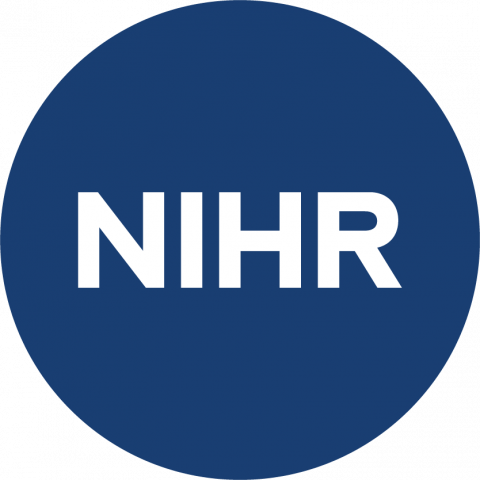
Leah Bührmann is a PhD candidate in Implementation Science at Northumbria University and part of the Knowledge Mobilisation and Implementation Science theme within the NIHR Applied Research Collaboration North East and North Cumbria.
Host university – Northumbria University
Title of PhD research project
Co-development and testing of an implementation tool for knowledge mobilisers in the integrated health and social care system across the North East and North Cumbria
Summary of research project
The North East and North Cumbria region is facing a number of health and social challenges, including high rates of unemployment, poverty, poor health, and the engagement of the population in unhealthy lifestyle behaviours1. The regional integrated care system (ICS-NENC) aims to improve the health and wellbeing from a holistic perspective by integrating health and social care practices. Social prescribing is one example of such an integration process. Social prescribing connects health care patients in need of non-clinical care with the third sector (i.e., voluntary and community sector). Ideally, this will lead to better individual care while reducing burden on the health care sector, particularly primary care.
The process of integrating care pathways in everyday life is challenged by system complexity, the need of building alliances and relationships among different professional groups and organizations, and coordinating different interrelated work processes2. Evidence generated from the fields of Knowledge Mobilisation, Implementation and Improvement Science can help to address these challenges. The aim of these disciplines is to investigate how to facilitate the mobilisation, integration, and embeddedness of research evidence in practice settings3 and how to improve existing processes within a system.
The goal of this research is to understand and support the implementation of social prescribing processes within ICS-NENC. Professionals and individuals with experience working with or using social prescribing will collaborate to develop a tool that supports existing social prescribing processes by enabling actors in the process to reflect on and improve current practices.
The jointly developed implementation tool will benefit professionals involved in social prescribing – such as link workers, health professionals, referrers, GPs and managers – by identifying challenges and finding sustainable solutions for their practices. This will lead to more efficient and integrated workflows. Supporting the process of social prescribing will ultimately benefit service users, resulting in higher uptake, better user experience, and better patient outcomes.
References
- Tsasis, P., Evans, J. M., & Owen, S. (2012). Reframing the challenges to integrated care: a complex-adaptive systems perspective. International journal of integrated care, 12.
- May, C. (2013). Towards a general theory of implementation. Implementation Science, 8(1), 1-14.
Background and research interests
Leah’s research centres around the development of implementation tools to improve implementation processes within integrated care systems, with a focus on implementation context assessment, stakeholder engagement, and co-development processes. With a background in Psychology, Leah is especially interested in improving the implementation of preventative interventions for mental health.
Previously, Leah was part of a European study that aimed to improve the implementation of internet-delivered Cognitive Behavioural Therapy across Europe and Australia through a tailored approach to implementation. Leah has a special interest in quantitative implementation outcome measures and their psychometric validation and is currently part of different international working groups to validate a normalisation measurement. Since 2019, Leah has the position of the Scientific Secretary of the European Implementation Collaborative (EIC) which involves academic projects, such as a stream of work on implementation support practices.
Expected PhD completion date: April 2024
Get in touch: [email protected]
